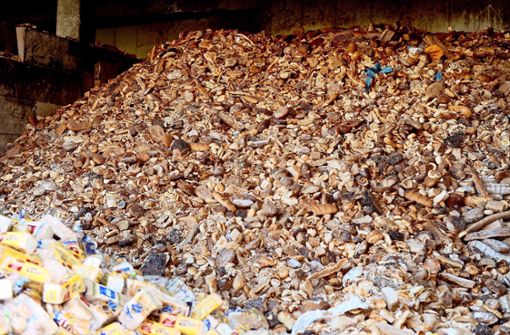How to Buy and Export Food Industries, Residues and Wastes Thereof; Prepared Animal Feed from Burundi
How to Buy and Export Food Industries, Residues and Wastes Thereof; Prepared Animal Feed from Burundi
Burundi is one of the poorest and least developed countries in the world. It faces unique challenges as a result of its history of civil wars and economic isolation. The long-term poverty, high malnutrition rate (more than half the population), lack of infrastructure, and low levels of education make it extremely difficult for Burundi to develop an export market for any product. However, thanks to recent progress in peace-building and economic revival, there are good opportunities for investments in food industries, residues and wastes thereof; prepared animal feed from Burundi. In this article you will learn about how to import food industries from Burundi, what kind of food industries can be imported from there and how to export prepared animal feed from Burundi.
Import Food Industries, Residues and Wastes Thereof; Prepared Animal Feed from Burundi
In order to import food industries from Burundi, you have to apply for an import permit. Normally, the Food and Agriculture Organization of the United Nations (FAO) issues permits. Sometimes, national governments provide permits. To apply for a permit, you must have a valid economic/commercial reason for importing the product. You must also show that you have the necessary knowledge of the product, its market and its regulatory requirements. You must also show that you have the financial and physical ability to transport and store the product.
What Kind of Food Industries Can Be Imported from Burundi?
Food Industries from Burundi include the following: – Edible oils and fats – Food oils and fats (other than coconut oil and palm oil) – Vegetable oils and fats – Food oils and fats of coconut or palm origin – Animal or fish oils and fats – Edible fats and oils of animal or fish origin – Prepared edible fats – Edible fats and oils that have been prepared by conversion or processing (other than simple extraction, frying or the production of oleomargarine or margarine) – Edible oils and fats, whether or not hydrogenated – Edible oils and fats, whether or not hydrogenated, other than those of coconut or palm origin – Vegetable oils and fats, whether or not hydrogenated – Vegetable oils and fats, whether or not hydrogenated, other than those of coconut or palm origin
How to Buy Food Industries, Residues and Wastes Thereof; Prepared Animal Feed from Burundi?
The process of buying food industries from Burundi is similar to the process of importing them. You have to apply for a permit, except that in this case you are applying for an import license. The Food and Agriculture Organization of the United Nations (FAO) issues these licenses. Sometimes, national governments provide them.
Export of Prepared Animal Feed from Burundi
Burundi exports prepared animal feed to different countries in the world, but not to all of them. You have to check if Burundi has an export permit for your country. You can do this by entering your country’s name and “Burundi” in the Import Genius tool below. If your country is authorized to import Burundi’s prepared animal feed, you have to apply for an import license that is issued by the Food and Agriculture Organization of the United Nations (FAO). Once you have the import license, you can import Burundi’s prepared animal feed.
Conclusion
Food industries can be imported from Burundi, as well as residues and wastes thereof; prepared animal feed. The process is similar to that of importing other products: apply for a permit. The main difference is that food industries require a higher level of control than most other products. This is because food industries are made from food that can pose a risk to human health if it is not handled properly. The Import Genius tool helps you to find out if Burundi has an export permit for your country and to apply for an import license.








LEAVE A COMMENT
You must be logged in to post a comment.